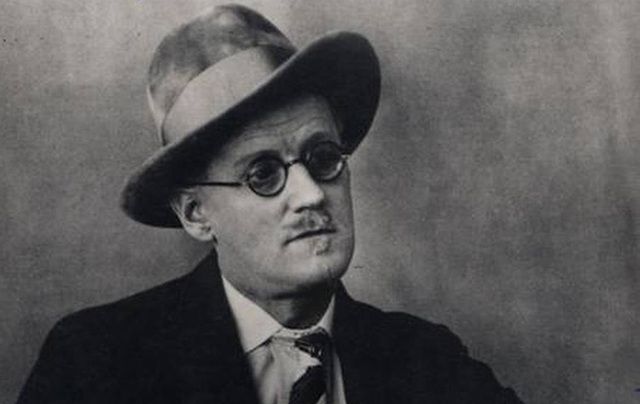James Joyce’s talented cousin
Over the last few weeks Dublin has been celebrating through many events the life and work of a certain Mr Joyce, a writer with an international reputation. This week, as calm returns, some thought might perhaps be given to celebrating ‘the other Mr Joyce’, or rather Dr Joyce, for Patrick Weston Joyce, a writer and scholar who should be far better known than he is, held a doctorate in laws honoris causa from the University of Dublin.
Dr Joyce (1827-1914) was the author of the Irish Names of Places, a work which grew over several decades from one small volume published in 1865 into three stout volumes which remained in print through many editions down to the late 1920s. But that great work was only one of many. In his lifetime he published over 30 titles, if I have counted them up correctly. All of these were, amazingly, the products of his own spare time.
By profession he was a teacher turned civil servant, the principal of the Government Training College and Model Schools in Marlborough Street, Dublin. He was one of the Commissioners for the publication of the Ancient Laws of Ireland, and a sometime president of the Royal Society of Antiquaries and a member of Royal Irish Academy.
Patriotic ballads
His brother was Robert Dwyer Joyce, the author of many patriotic ballads, such as ‘The Wind that Shakes the Barley’ and ‘The Boys of Wexford’, still sung today. His sons were Weston Joyce, author of The Neighbourhood of Dublin, and Robert D. Joyce, an eminent aural surgeon.
And to top that, he was, in fact, a cousin of James Joyce (as I have explained in the biography of Joyce’s father which I co-authored). Born in Ardpatrick in the Ballyhoura Hills on the Limerick-Cork border, the country of Canon Sheehan’s Glenanaar, and reared among mountainy folk, there was nothing P.W. Joyce did not know about the traditions of country people, religious, philosophical and political.
His interests ranged from ancient Irish history to Irish traditional music. He was the friend and correspondent of many of the leading scholars and public figures of the day; there is a letter in the National Library in which he explains to Patrick Pearse the origins of the Gaelic name for Connemara. He was an assiduous collector not only of the words, but the music of traditional singers.
One of his two most important books was A Social History of Ancient Ireland, a very large work in two volumes (1903). A revised edition came out in 1913. This has been called by one Celticist of recent times as “out of date”. This seems an odd judgment, for though aspects of the book certainly belong to the period of writing, the book has never been replaced in over a century by a comparable work by any of our State-supported researchers.
Important book
The other important book is English as We Speak It in Ireland (1910) – which remains an essential work for anyone anywhere concerned with words and their use. I have heard this derided too by a modern academic, who told an audience in the National Library that the information was drawn from Lady This and Lord That and so was socially vitiated.
However, the briefest glances at the end of the book, where there is a list of 169 people who sent him in lists of words in response to a letter in the national press, shows this was simply not true. There are indeed some of the landed classes in the list, but also the names of many well-known scholars and many ordinary people as well. The majority of his informants on this matter, as on local places names, were national school teachers, of whom he met many thousands in the course of his official work. And these teachers were among the vanguard of the national revival.
These kinds of comments reflect badly on those who made them. Patrick Weston Joyce is a name to be linked with John O’Donovan, Eugene O’Curry, George Petrie and other giants who revived interest and research into our ancient history, languages and traditions. He is indeed deserving of celebration. Step forward the people of Ardpatrick and the founding of a Joyce Festival of the Ballyhoura Hills.
‘The PW Joyce Irish Music microsite’ can be reached at www.itma.ie, the website of the Irish Traditional Music Archive.


 James Joyce
James Joyce 